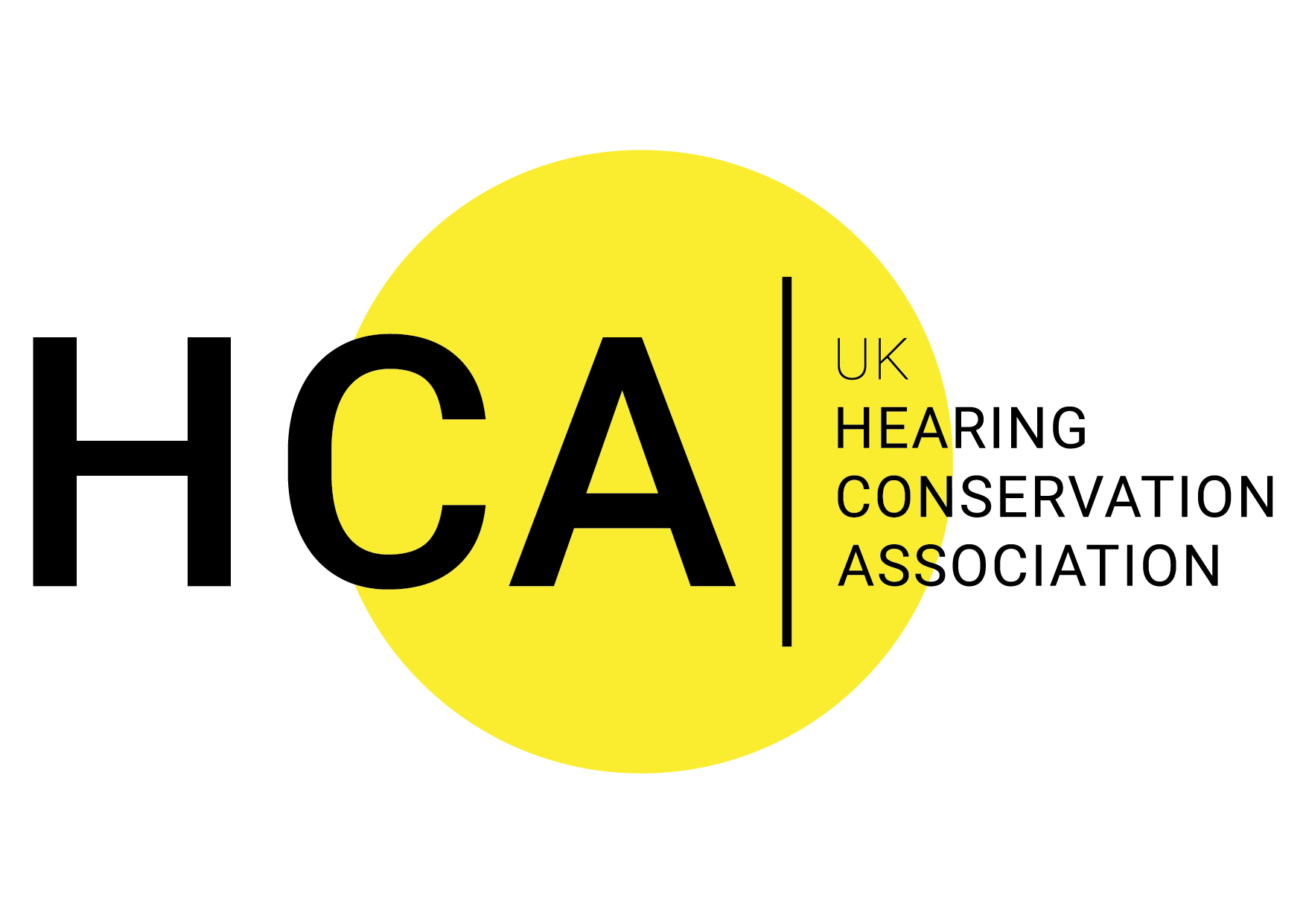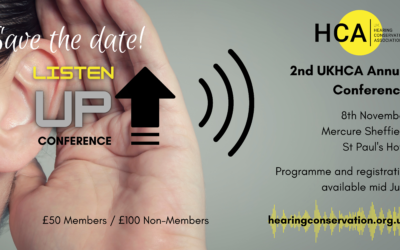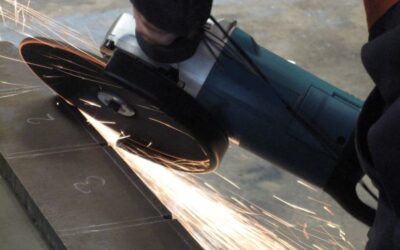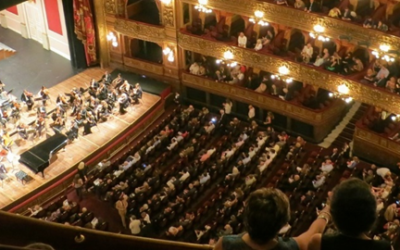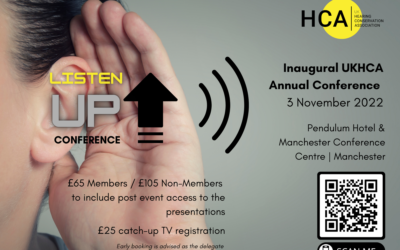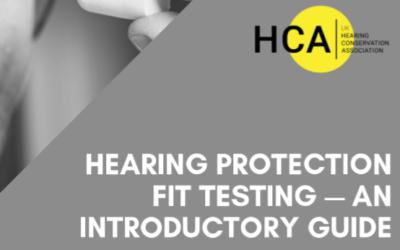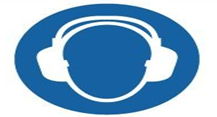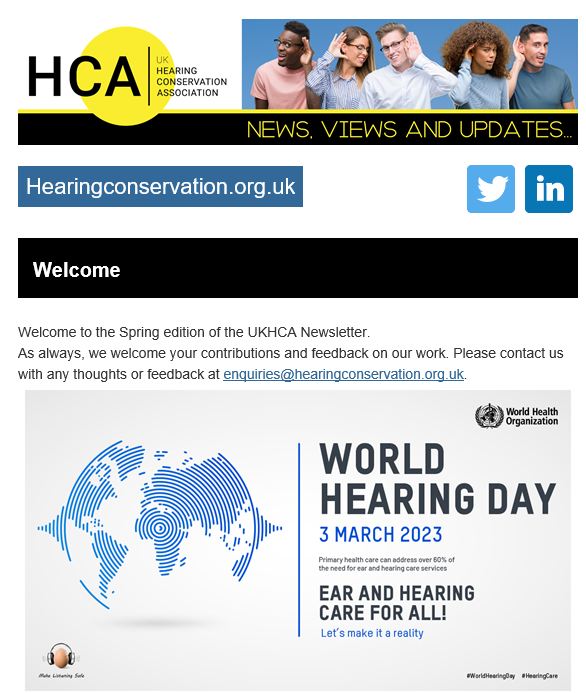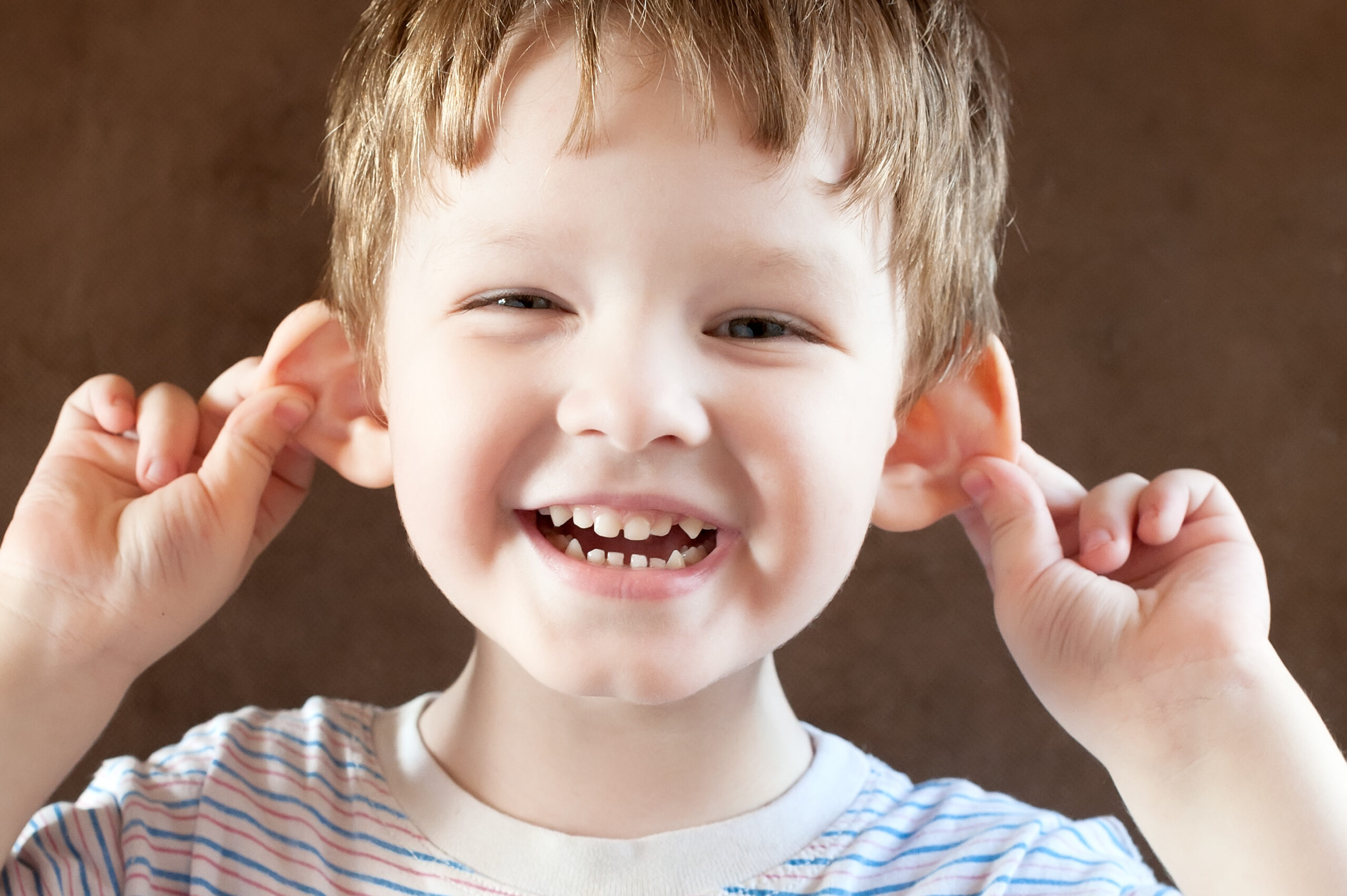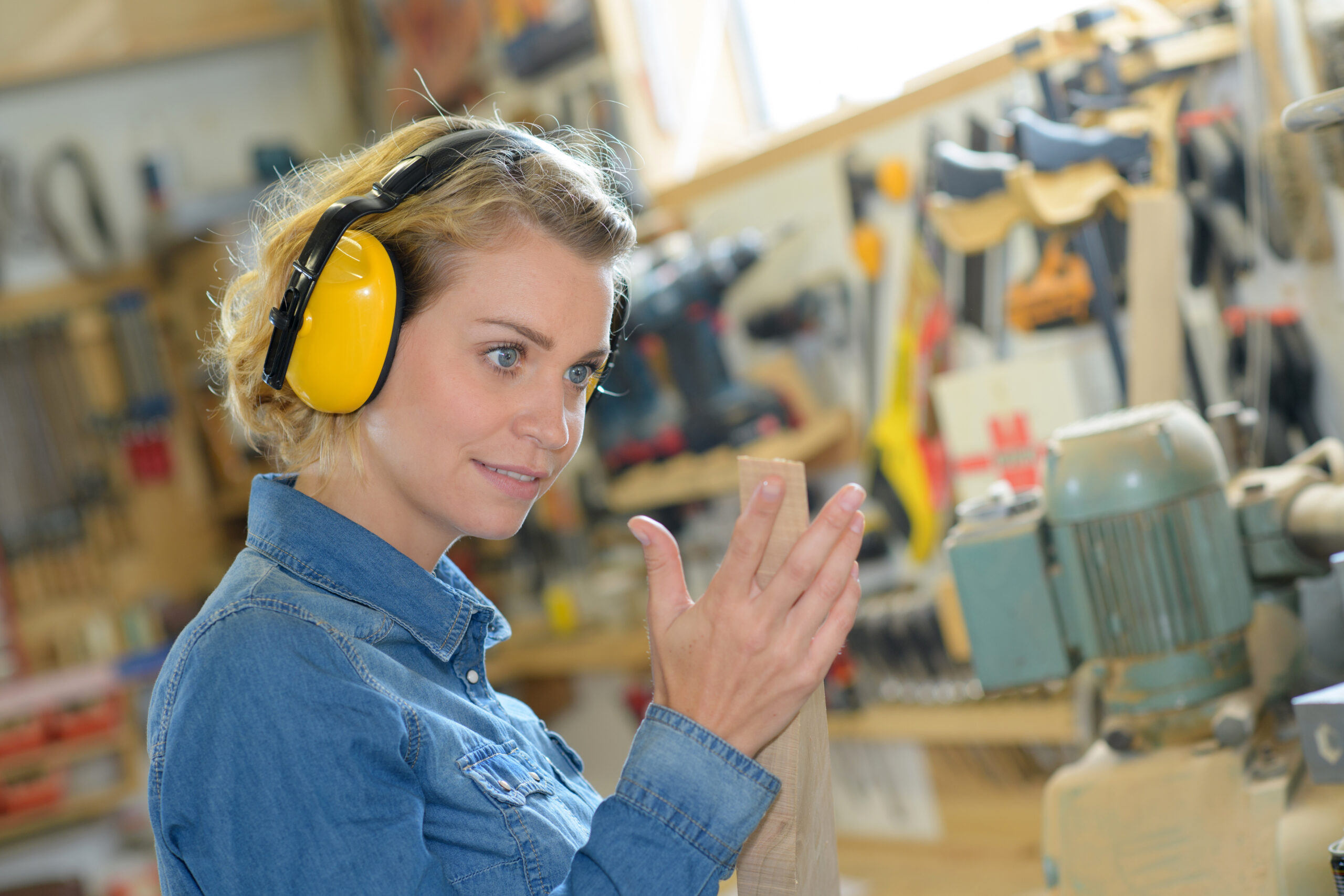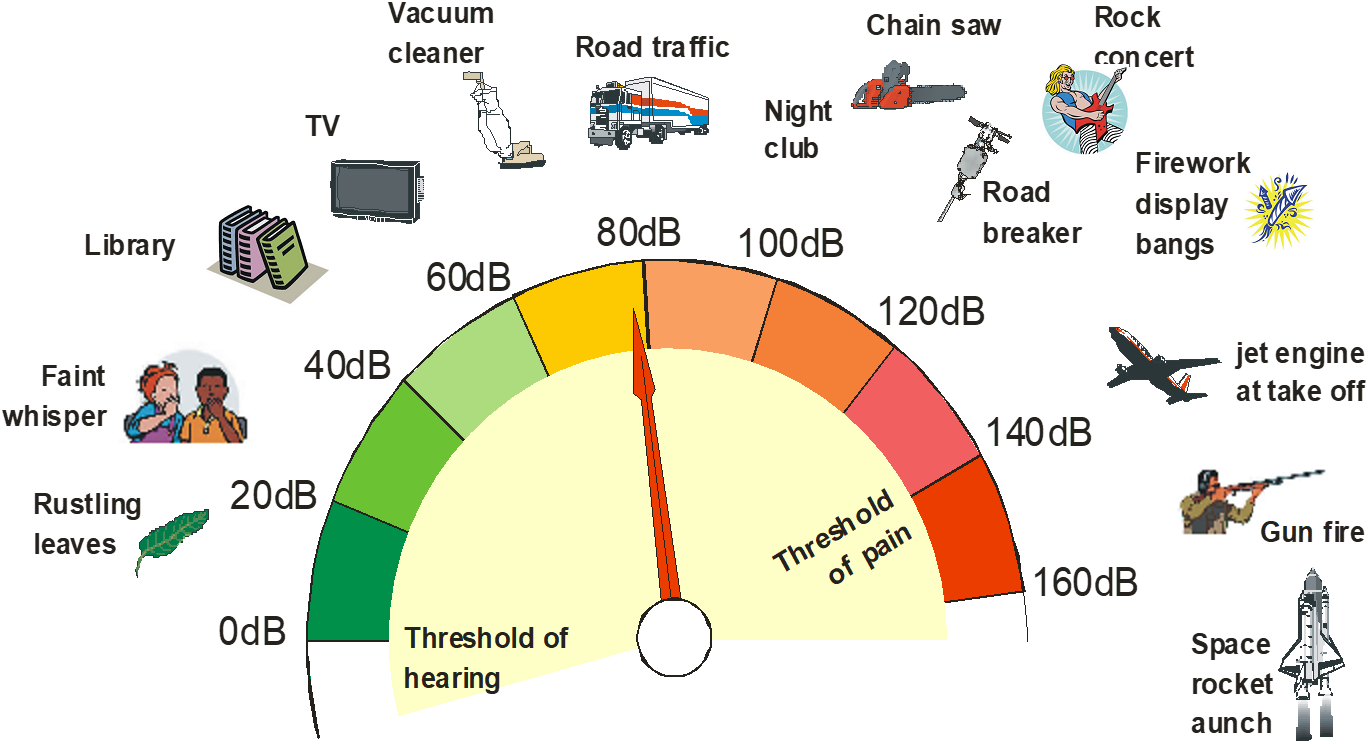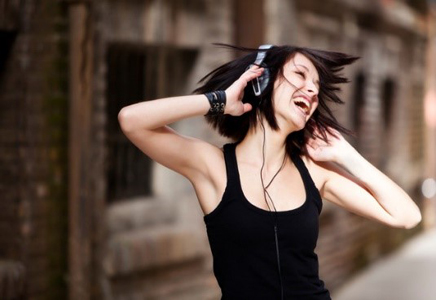Guidance
GUIDANCE DOCUMENTS
Below are links to guidelines we believe you may find useful, if you wish to recommend any further guidelines for the website please contact clare.forshaw@hearingconservation.org.uk
HP fit checking poster for download
SOM_UKHCA_Position_Statement_Noise_Health_Surveillance_Guidance_May_23.pdf
UKHCA Hearing Protection Fit Testing — An Introductory Guide | Hearing Conservation
Be a Smart Buyer when it comes to Noise Consultancy Services | Hearing Conservation
NEW GUIDANCE; HEARING AID USERS IN NOISY WORKPLACES | Hearing Conservation
UKHCA-Construction-Noise-FAQs.pdf (hearingconservation.org.uk)
Sources of noise that could be damaging your hearing
Exposures to recreational sounds are increasing – What can be done to protect our hearing health?
Interpreting an Audiogram for Indications of Occupational Noise-Induced Hearing Loss (NIHL)
An outline for workplace noise survey reports
Interpreting an audiogram for indications of occupational noise-induced hearing loss
Latest News & Upcoming Events
2nd UKHC Annual Conference
This years theme; HearWELL - the role of hearing conservation in ensuring and driving good health & wellbeing for everyone Following the success of our inaugural conference we are back for 2023 with a continued passion to raise awareness and drive change in...
Lower noise, vibration and dust alternatives for angle grinding – recent HSE research
Introduction Hand-held angle grinders are widely used across a number of sectors, including steel frame fabrication. Real-use Hand-Arm Vibration (HAV) measurements on angle grinders show upper quartile values in the range 7 – 9 m/s² (HSE L1401). This means that there...
Hear for Tomorrow!
On the 30th March 2022 the Royal Academy of Engineering hosted the 103 week delayed Hear for Tomorrow event! The event was jointly organised between the Institute of Acoustics and the UK Hearing Conservation Association with support from the UK Acoustics Network...
Listen Up Conference: Inaugural UKHCA Annual Conference 3 November 2022
Find out more: https://fitwise.eventsair.com/ukhca2022/
UKHCA Hearing Protection Fit Testing — An Introductory Guide
The HCA has produced a guidance document which will help companies and individuals interested in fit testing for hearing protection to understand the benefits it can bring in assuring workers health and safety. It details the methods available and the importance of...
Noise induced hearing loss of pandemic-like proportions?
The story of Helen Keller is an inspiring one. Born in 1880, she lost her sight and hearing after a bout of illness at the age of just 19 months. Despite this, remarkably she became an author, disability rights advocate, political activist, and lecturer and said of...
Pickle saved my life, no shadow of a doubt
Kirsten Callander was woken by hearing dog Pickle when the flat's smoke alarm went off. When she looked through the front door peephole viewer, she saw smoke and flames billowing out of the neighbour's flat. Without Pickle, Kirsten is convinced that she would have...
Are all ear canals equal? Should we be Fit Testing for Hearing Protection Devices??
Hearing Protection Devices (HPDs) are a common (too common for my liking!) solution to noise exposure in the workplace. They are relied upon to reduce exposures to noise levels which can cause irreversible hearing health harm. PPE Regulations Amendment The amended...
Turning up the Volume on Hearing Health
Since we were established in early 2019, the UKHCA have been proud of our multidisciplinary membership. The unique value of the UKHCA is to bring together a wide range of different perspectives, professions, knowledge and passion together to be a force for change,...
Could headphones be damaging your Children's hearing?
Find out how to protect their hearing
Noise at Work?
Find list of resources to help you
Noise Induced hearing Loss
Find out more about acceptable levels of noise
Headphone Use
Find out how to protect your hearing
5 ways to protect your Hearing
With the World Health Organisation (WHO Report ) suggesting that more than 1 billion of us are at risk of permanent hearing loss here are 5 ways you can protect your hearing.
1.
Firstly, test your hearing. Try the easy, free app, hearWHO (Link to hearWHO app). Keep a record of your score and retest yourself every six months or so. If you are worried about your hearing see your doctor.
2.
Try to avoid exposure to loud sounds/long periods of exposure. Loud sounds are common at live events, music and motorsport, when shooting, using power tools, lawn mowers and riding motorcycles. If you are attending, taking part or using noisy equipment make sure you wear hearing protection.
3.
A common source of large sound doses is from using headphones. Consider timing how long you are using your headphones are and check out your listening levels. It may help you to download a hearing safeguarding app, which will total the time and level for you, and let you know when you’re overdoing it.
4.
Upgrade your ear buds to good quality ‘over-ear’ headphones which will reduce the background noise so you can listen at a lower level. For the noisy public transport consider buying active noise cancelling headphones.
5.
When you go to live music events take hearing protection with you and use it when the support act is on to give your ears a break and leave them fresh for the main attraction.
